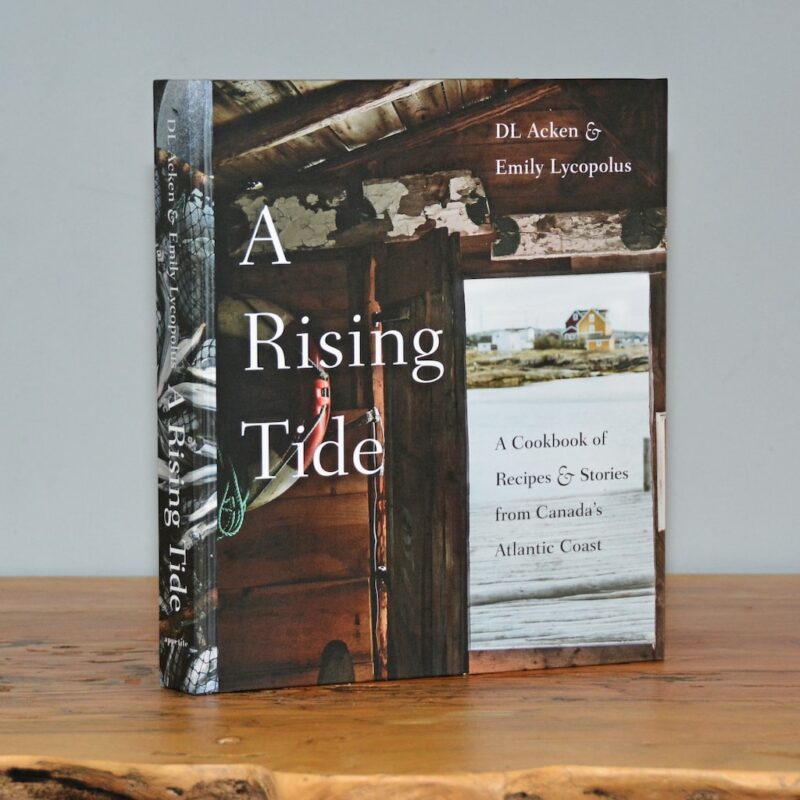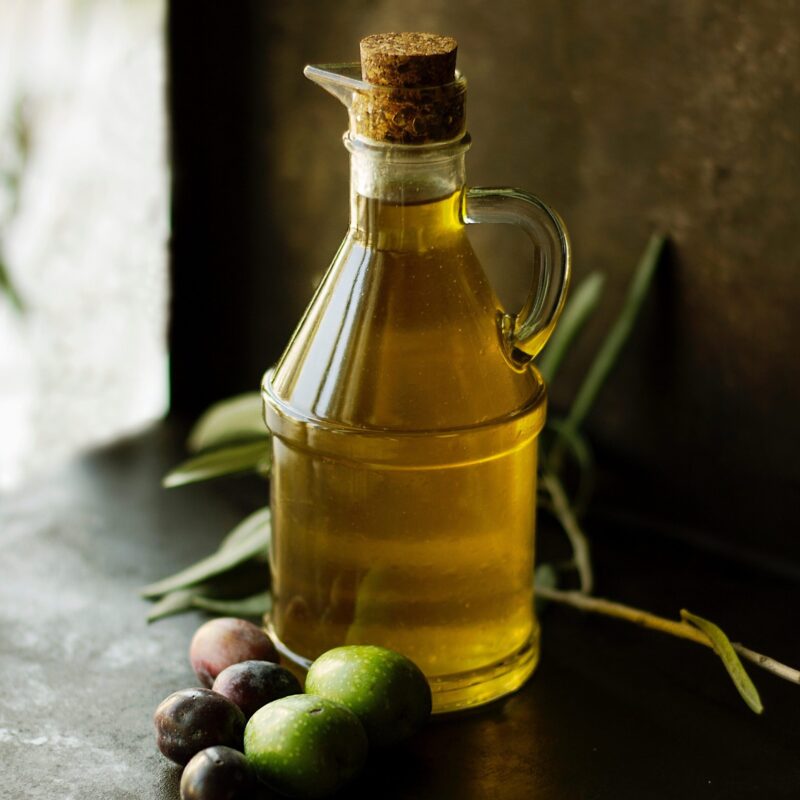When someone says Extra Virgin, the question really begs, what does that really mean? When I host a tasting, it’s the first question I always ask – and 90% of the time I get a shrug. The reality is, the term is commonly used although rarely understood. Sometimes I’ll hear a “First Pressed” or ‘Cold Pressed?’ although neither of those answers are said in confidence. The reality is, even the most basic terms that describe olive oil are not fully understood, so lets clear this up. Extra Virgin = Perfect. That’s it, that’s all. Perfect. If an olive oil is classed as Extra Virgin grade, it means it contains zero defects. Its passed a chemical analysis, and a sensory one. We’ll talk more about the analyses another day, but for now lets clear up the misunderstood terms surrounding Extra Virgin specifically.
Freshness is key to Quality
For an olive oil to be perfect, it needs to be fresh, and has a fruitiness of greater than zero. This means that the olive oil cannot be chemically processed. It also cannot be made from old olives, or rotten ones, or ones that have gone to ground fall and sat on nets for a few weeks. So, why do we see “First Pressed” “Cold Pressed” on all our bottles, and why do we think that is important? The unfortunate answer is marketing.
Olives, from a modern perspective are not pressed. When olives were first squished for their juice, yes they were pressed. The olives were ground with a stone, then the pulp was added to hemp mats and added to a big vice grip contraption. The juice was literally squished out of the mats, it would run down and be collected, and the process repeated. This practice is still done but mostly the equipment is found in museums and commercial olive oil is not produced this way any longer. The olives are processed through a hammer mill then added to a malaxer, essentially a big auger, kitchen aid mixer and mixed, coxing the olive oil out of the pulp. Then it’s separated in a centrifuge, then often polished and filtered. No part of this process involves pressing, it’s a nostalgic term.
What really is Cold Pressed?
Cold Pressed, is important, but what is cold? Who decides its cold? Technically the term means no additional heat has been added to the pressing process. On a lovely October or November day in Greece, southern Italy, even California, I can assure it, its not ‘cold’ outside. Olive oil needs to be process and extracted between 70-78°F ideally for optimal flavour profile and stability. Although this is definitely up to the millers description and master millers know every detail of the olives as they grow, are picked and processed.
As the heat increases, more oil is coxed out of the pulp, but the enzymes and micronutrients are also more active. The oil oxidizes faster when it’s hot, creating a larger volume but lower quality olive oil. Oil made this way won’t last longer than a few months at best. Regulating the temperature is highly important when creating the olive oil. Although, the term “Cold Pressed” is not a reliable indicator as to the olive oils quality at the time of purchase.
This is hard I know, and I really hate to break it to you. Most of the Extra Virgin labeled bottles on a grocery store shelf might be labeled as extra virgin, but when you open it, it’s not truly Extra Virgin grade. It might be rancid or have a variety of other defects. If you’re experiencing what I call Bottle Fatigue – click here for a handy guide to choosing the perfect oil for you!
Defects change the Grade
Defects (more on those here) are caused at different stages of the growing, harvesting, milling and storage process of the olives life and create a unique scent or flavour in the olive oil. Tasting olive oil actually started by farmers wanting to improve their olive oil every year. They wanted to identify which flavour came from which process or practice over the course of a season. This is why the common denominator for extra virgin olive oil is really low. Originally the plan wasn’t to find the best olive oil, or celebrate the really tasty, incredible ones. It was all about the defects. So, if defects are not present, the olive oil can be classed as extra virgin.
The other caveat with extra virgin, is that extra virgin olive oil can only contain olive juice. So if you have an infused olive oil, say lemon or orange, it technically shouldn’t be labeled Extra Virgin. Even if it’s made in the argromato method.
The Agromato method is simultaneously crushing olives with fresh citrus fruit. Even if the infusion is added to an extra virgin olive oil, that infusion can technically not be classed as extra virgin. Why? Because Extra Virgin Olive Oil can only contain olive juice and nothing else.
So, what have we learned? Extra Virgin Olive Oil is the juice made from mechanically squishing an olive, that doesn’t contain any defects. Simple, right? Well, yes, I wish it were that simple.




0 Comments